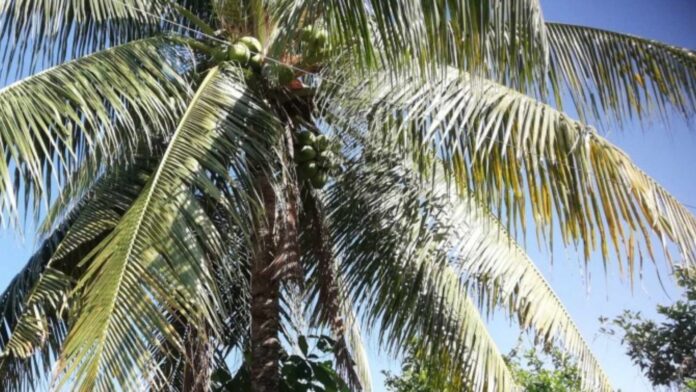President Ferdinand R. Marcos Jr. is keen on making the Philippines become the world’s no. 1 coconut exporter, seeing it as a “great opportunity” for the country’s continued economic growth.
In a meeting with the Private Sector Advisory Council-Agriculture Sector Group (PSAC-ASG) in Malacañang on Wednesday, Marcos expressed full support to the Philippine Coconut Authority (PCA) in its bid to plant 100 million coconut trees by 2028.
PSAC-ASG Member Christopher Po of Century Pacific Group said the body is recommending to accelerate the launch of the massive coconut tree planting program by increasing seednut production.
To support this, Marcos committed to ensure that enough funding will be given to the PCA to carry out the program.
“This is really a great opportunity for the country. We have a chance to do it because [of] the market. Every single part of the nut [has] use and can be sold,” Marcos said, as quoted in a Presidential Communications Office news release Thursday.
The Philippines is the second biggest coconut exporting country in the world next to Indonesia.
PSAC also recommended the utilization of contract farming with local salt farmers to supply salt as fertilizer.
The PSAC’s recommendation is consistent with Republic Act No. 11985 or the Philippine Salt Industry Act, which states that local government units (LGUs) may identify appropriate areas for local salt production.
A PHP2.5-billion budget allows the fertilization of 55 million coconut trees and the doubling of local salt production, which could result in 25 percent increase in nut productivity and additional profit to farmers, PSAC said.
For 2024, the PCA aims to replant 8.5 million coconut seedlings on 59,744 hectares of land and fertilize 2.8 million trees on 28,341 hectares.
PSAC also wants the Department of the Interior and Local Government and LGUs to pilot areas for salt production.
Meanwhile, the advisory body urged the Department of Energy to develop a roadmap for the gradual implementation of the Biodiesel Act increasing biodiesel from B2 to B59 over three years. (PNA)


